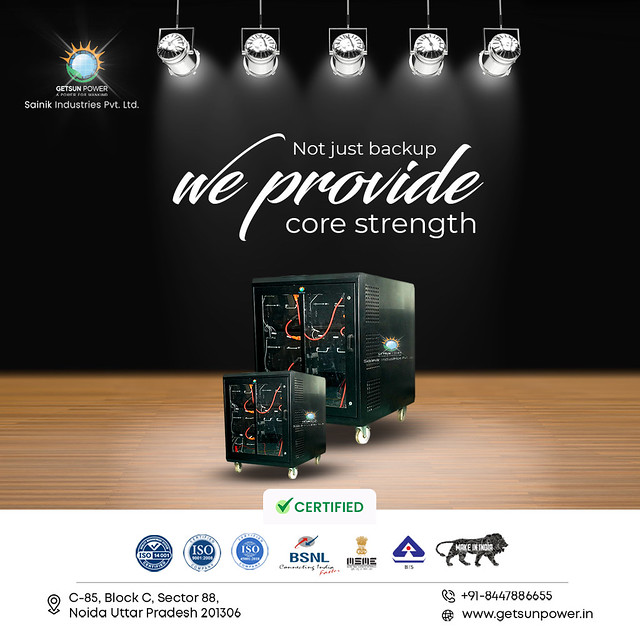Title: The Lithium Ion Battery Revolutionizing the World of Energy Storage
Title: The Lithium Ion Battery Revolutionizing the World of Energy S

torage
Content:
Lithium Ion Battery, Lithium polymer battery, High-energy density battery, Li-ion battery, Rechargeable battery, Accumulator
Lithium Ion Battery revolutionized the field of energy storage with its high energy density and rechargeable capabilities. This

article will explore the manufacturing process, characteristics, advantages, usage methods, tips for selecting this product, and conclude on its significance in today’s world.
Manufacturing Process:
The production process of a Lithium Ion Battery involves several steps. It begins with preparing anode and cathode materials. Graphite is commonly used as the anode material due to its ability to absorb lithium ions easily. Meanwhile, lithium cobalt oxide or li Li-ion battery thium iron phosphate are widely employed as cathode materials.
These materials are coated onto metallic foils through a process called slurry coating. Afterward,a separator is added between them to prevent contact and avoid any potential short circuits within the cell.The final step involves assembling all components into cel Lithium polymer battery ls before packaging.
Characteristics:
Lithium Ion Batteries have several defining characteristics that make them stand out from other types of batteries. Firstly,the high energy density allows these batteries to store more power within a small size compared t Lithium Ion Battery o traditional lead-acid batteries.
Secondly,the ability to be recharged multiple times sets them apart as they can withstand hundreds or even thousands of charging cycles without significant capacity loss.Thirdly,Li-ion batteries offe Lithium Ion Battery r low self-discharge rates,resulting in less wasted energy when left idle.Finally,Lithium ion batteries exhibit good thermal stability while ensuring high efficiency during charge/discharge operations.
Advantages:
The implementation of Lithium-Ion technology brings numerous advantages.From portable electronic devices like smartphones,laptops,and tablets benefiting from enhanced performance and longer operating hours,to electri Lithium Ion Battery c vehicles extending their driving range.Taking into account environmental impact,Li-ion offers substantial advantages.Higher energy efficiency combined with the elements’ recyclability presents a more eco-friendly solution compared to traditional batteries.
Usage Methods:
Lithium-Ion Batteries are omnipresent in our daily lives,used for v High-energy density battery arious applications. Electronic devices frequently rely on Lithium Ion technology due to its capacity and long lifespan.To ensure longevity,it’s recommendable not to completely discharge t Lithium Ion Battery he battery before recharging and avoiding extreme temperatures.Furthermore,proper storage conditions when not in use contribute to extending their lifetime significantly.
Tips for Selecting Lithium Ion Batteries:
When selecting a Lithium ion battery,there are several key factors to consider.Firstly,the application determines the required voltage and capacity needed.Then,the physical dimensions should match the available space within your device.Additionally,choosing reputable brands known for h Lithium Ion Battery igh-quality products helps guarantee reliability.Bear in mind that different chemistries exist,such as lithium iron phosphate or nickel cobalt aluminum oxide (NCA), each with unique trade-offs between performance,cost,and safety
Conclusion:
Lithium-ion batteries have become an integral part of modern life.From smartphones to electric vehicles,thi

s rechargeable technology provides higher energy density,longer lifespan,faster charging rates,and improved environmental sustainability.As advancements continue,manufacturers invest heavily in research endeavors.A bright future awaits us where Lithiu Lithium Ion Battery m-ion batteries will undoubtedly play a significant role in shaping our increasingly electrified world.

